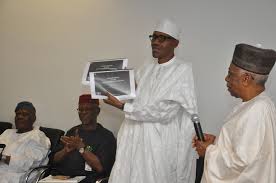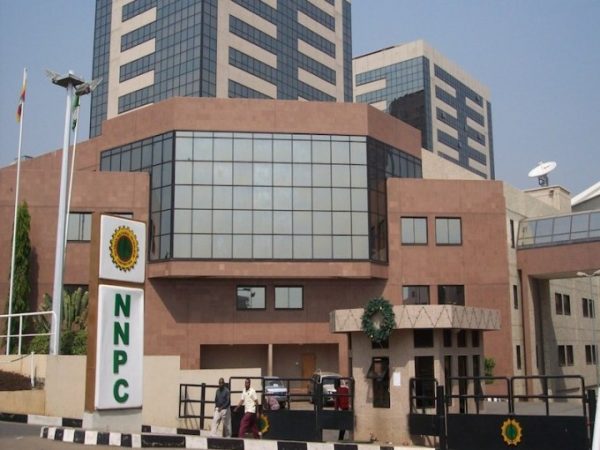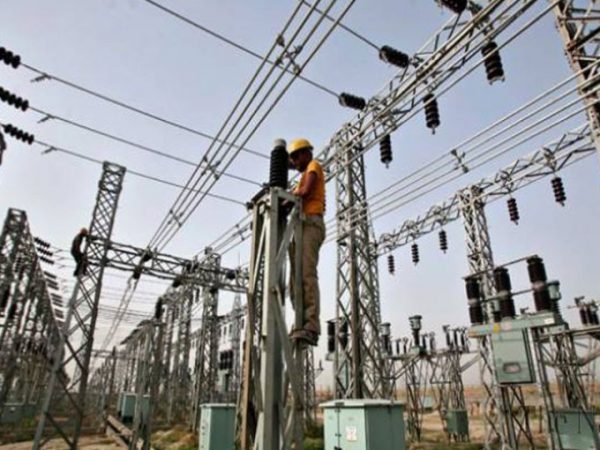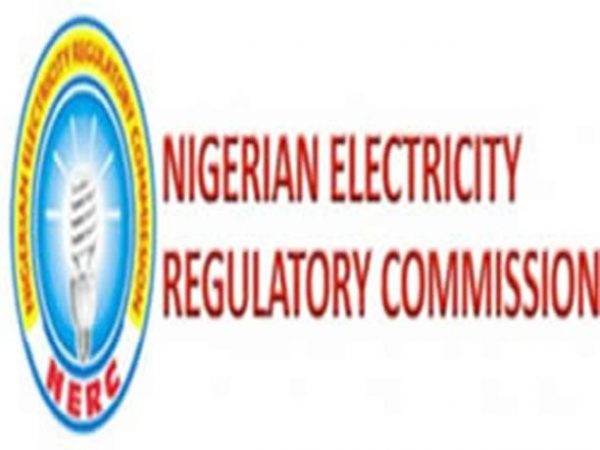Petroleum Industry: Transition Committee Sets Restoration targets for Buhari

If the recommendations of the Ahmed Joda led-Transition Committee meets the approval of the President Muhammadu Buhari, the Nigeria’s oil and gas industry may be on its way to restoration.
The Joda-led Transition Committee set ambitious targets for the government to implement series of policies and recommendations aimed at bringing the desired turnaround.
The Finance and Economy sub-committee had submitted wide recommendations on what the new administration should do in the short to medium terms to register visible impact in all sectors of the economy.
The report highlighted key areas the government hopes to see positive impact within 90 days, including the full scale re-organisation and restructuring of the Nigerian National Petroleum Corporation and its subsidiaries.
The reorganisation, the report said, would help reposition the NNPC as a globally competitive National Oil Company, apart from the passage of the Petroleum Industry Bill; removal of the controversial fuel subsidy regime and cutting government’s equities in the six joint venture operations in the upstream sector of the petroleum industry.
Other areas the committee wants the government to record immediate impact include the privatization of the four refineries in Port Harcourt, Kaduna and Warri, to eliminate the country’s continued dependence on importation of refined petroleum products for fuel supplies.
The reorganization and restructuring of the NNPC has since commenced with the recent dissolution and sacking of its board.
To curb corruption in the operations of the NNPC and the entire industry, the committee wants the government to adopt a technological solution for streamlining and auditing all transactions in real time, to manage risks, and optimize operational and financial decisions.
Under the arrangement, the committee wants the NNPC to develop real-time capacity to capture and audit all oil and gas transactions, production, imports, tax obligations and payments to the relevant government revenue agencies, including remittances to the Federation Account.
Within the set timeline, the committee said Ministries of Petroleum Resources and Finance should incorporate the existing joint venture companies in the upstream petroleum industry, with the Federal Government opting to take a minority stake of 49 per cent apart from being listed on the Nigerian Stock Exchange.
Besides, the committee wants the Ministry of Petroleum Resources to work with the Federal Inland Revenue Service and Department of Petroleum Resources to immediately review all aspects of Nigerian Petroleum Development Company operations and agreements, especially the Strategic Alliance Agreements executed with third parties, to help recover any unearned royalties, taxes and potential over-lifting of crude oil under them.
Consequently, the Ministries of Finance, Petroleum Resources, Trade & Industry, Federal Inland Revenue Service (FIRS) and Nigerian Investment Promotion Commission (NIPC) would be expected to review and renegotiate/revoke all pioneer status and tax waivers granted companies recoup unpaid taxes as appropriate.
With significant revenue expected to be realized from the disposal of government equities in the JV assets to interested investors, the committee said this would relieve government the burden of cash call obligation and facilitate investments in fresh oil reserves to boost the country’s crude oil production capacity currently at an average of 2.3 million barrels per day.
Besides, the committee said the government should carry out a comprehensive audit of all Offshore Processing and Crude Swap.
Agreements entered by NNPC as well as review all outstanding subsidy payments with a view to clearing all genuine liabilities to oil marketers to restore uninterrupted fuel supply.
The audit, the committee said, would help government identify and claim any reimbursements for excess crude oil lifted under the controversial OPA and Swap arrangements to establish the quantity of products delivered based on a fair and transparent audit process.
To ensure the quick passage of the PIB, which has been pending before the National Assembly since 2012, the committee proposed a PIB Technical Committee to be established to immediately undertake a comprehensive review of the Rilwanu Lukman’s draft PIB.
Although the committee proposed the splitting of the draft PIB into sub-sector specific bills before presentation to the National Assembly for deliberations and passage in law, it pointed out that the draft law must maintain its basic principles in line with global industry best practice.
Similarly, the committee recommended a comprehensive review of the status of the turnaround maintenance of the country’s four refineries, while the DPR would undertake the revision of existing refinery licenses and adopt policies to promote the building of modular refineries for the production of diesel, dual purpose kerosene, aviation turbine kerosene and low pour fuel oil.
To curb wastage and redirect scarce resources to a national fuel development programme, the committee asked government to consider implementing a coordinated plan to remove the illegal subsidies on premium motor spirit and household kerosene.
To increase the efficiency and productivity of the country’s four refineries and reduce the country’s continued dependence on imported refined products for fuel, the committee asked the Federal Government to immediately privatise and significantly scale down its equity to 49 per cent in the facilities.







